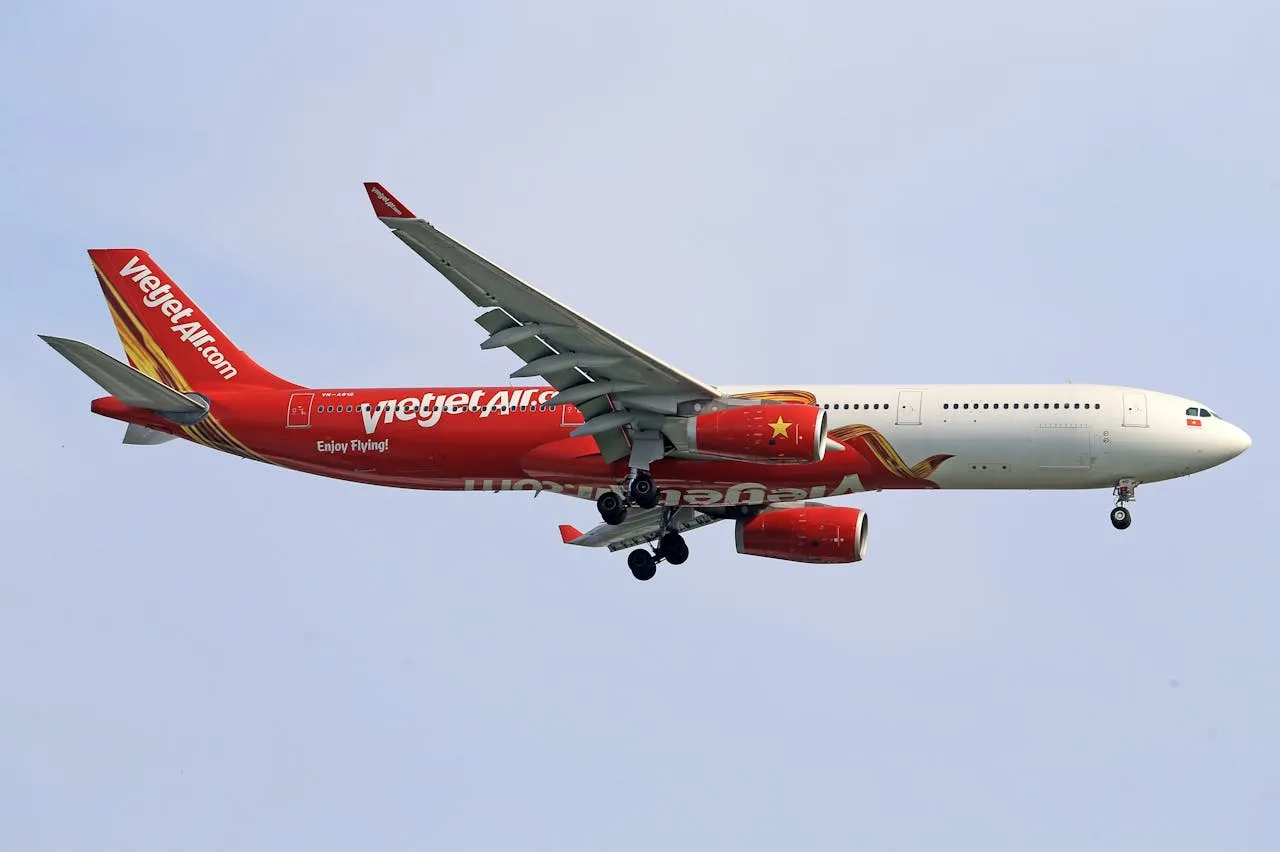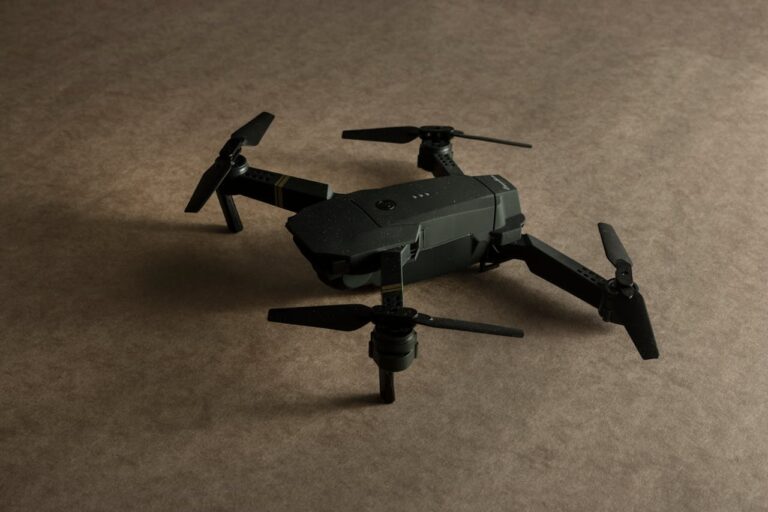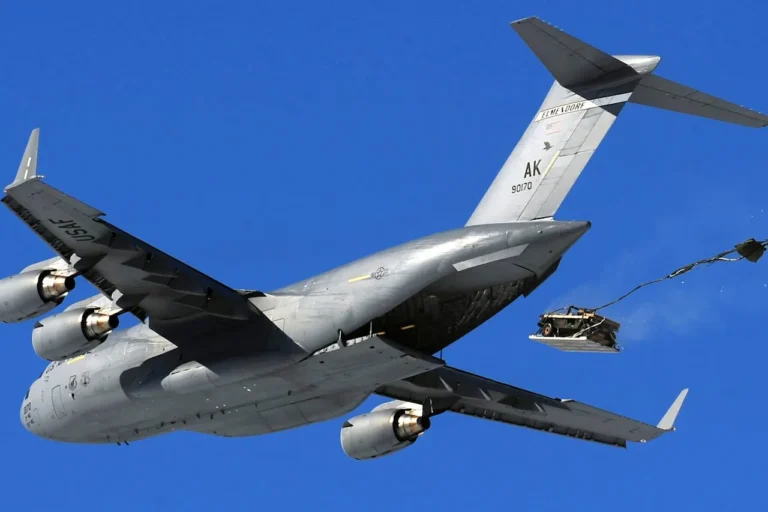
Vietjet Doubles Down on Long-Haul Expansion with Major Airbus A330neo Order
In a significant move aimed at strengthening its international growth strategy, Vietjet, Vietnam’s largest private airline, has placed a firm order with Airbus for 20 additional A330-900 aircraft. This widebody aircraft order marks a major milestone in Vietjet’s long-term vision to enhance its fleet capabilities and expand its presence across key global markets.
The agreement, signed in the Vietnamese capital of Hanoi, represents a renewed commitment by the carrier to scale its operations beyond the domestic and regional markets that have long been its core strength. Vietjet Chairwoman Nguyen Thi Phuong Thao and Wouter van Wersch, President of Airbus International, formalized the deal in a high-profile signing ceremony held in the presence of French President Emmanuel Macron and Vietnamese President Luong Cuong. The event occurred during President Macron’s official state visit to Vietnam, underscoring the growing aerospace collaboration between the two countries and positioning aviation as a critical pillar of bilateral economic relations.
Strategic Expansion for the Next Decade
The newly inked order is a cornerstone of Vietjet’s broader strategic expansion plan, which will unfold over the next ten years. With this move, Vietjet is effectively doubling its commitment to the A330neo program, increasing its total firm orders for the aircraft type to 40. The decision reflects the airline’s confidence in the A330-900’s performance, efficiency, and potential to serve both current and future long-haul markets.
By integrating the A330neo into its fleet, Vietjet aims to significantly bolster its capabilities on high-demand regional routes throughout the Asia-Pacific while also laying the foundation for long-haul intercontinental service to destinations in Europe. This is a bold step for the carrier, which currently operates long-range services to destinations such as Australia, India, and Kazakhstan using its existing fleet of A330-300 aircraft.
Supporting a Vision of Sustainable, Global Connectivity
Vietjet Chairwoman Nguyen Thi Phuong Thao highlighted the strategic importance of the order in reinforcing the airline’s sustainability and growth objectives. “Modern Airbus aircraft, with the latest levels of efficiency and lower fuel consumption, have accompanied Vietjet’s growth and will continue to support our global flight network expansion,” she stated. “Vietjet remains dedicated to delivering greater connectivity and sustainable air travel for millions of passengers in Vietnam and around the world.”

This alignment with sustainable aviation goals is more than a corporate talking point—it reflects a growing industry-wide imperative. As airlines grapple with increasing pressure to decarbonize, the A330neo offers Vietjet a platform that balances fuel efficiency with operational flexibility. The aircraft is capable of flying distances up to 7,200 nautical miles (13,300 kilometers), enabling non-stop services on long-haul routes while keeping emissions and fuel consumption significantly lower than older widebody aircraft.
The A330neo, powered by Rolls-Royce’s latest-generation Trent 7000 engines, delivers a 25% reduction in fuel consumption and CO₂ emissions compared to previous generation aircraft in its class. Additionally, like all aircraft in the Airbus portfolio, it is certified to operate with up to 50% Sustainable Aviation Fuel (SAF) today, with the goal of reaching 100% SAF capability by 2030.
Enhanced Passenger Experience with the Airspace Cabin
Beyond performance metrics, the A330neo brings major improvements in the onboard experience for passengers—a key differentiator in the competitive long-haul market. Airbus has outfitted the aircraft with its award-winning Airspace cabin, which is designed to deliver more personal space, quieter interiors, and enhanced lighting systems that reduce jet lag and create a more relaxing environment.
Passengers flying with Vietjet on these future aircraft can expect upgraded cabin features, including larger overhead storage bins, improved airflow, customizable ambient lighting, and next-generation in-flight entertainment systems. These improvements are especially significant for long-haul travelers and reinforce Vietjet’s growing emphasis on service quality. The airline has been increasingly investing in its premium offerings, including the introduction of Business Class seats on select routes—a departure from its original ultra-low-cost model.
Airbus Praises Vietjet’s Bold Growth Strategy
Benoît de Saint-Exupéry, Executive Vice President of Sales for Commercial Aircraft at Airbus, praised Vietjet for its dynamic growth and international ambitions. “Vietjet has established itself as one of the fastest-growing airlines in the world, bringing low fares with warm Vietnamese hospitality,” he said. “We are proud that the carrier has selected the A330neo as its widebody aircraft of choice to build on its success, and we look forward to continuing our partnership as Vietjet expands its reach.”
This sentiment reflects Airbus’ long-standing collaboration with the Vietnamese carrier, which has consistently relied on Airbus aircraft to drive its expansion since its inception. Vietjet currently operates an all-Airbus fleet consisting of 115 A320 Family aircraft and seven A330-300s. In addition to its widebody orders, the airline has 96 A320neo Family single-aisle jets on order, ensuring that it will continue to grow its short- and medium-haul operations in parallel with its long-haul ambitions.
Doubling Down on a Long-Term Airbus Partnership
The latest deal further solidifies Vietjet’s position as a key Airbus customer in Southeast Asia. By diversifying its fleet with both narrowbody and widebody aircraft from the same manufacturer, Vietjet is able to streamline training, maintenance, and operational logistics, creating efficiencies that help maintain its competitive cost base. The commonality between the A320 and A330 aircraft families also simplifies pilot training and ground operations—a significant benefit for fast-growing carriers managing large fleets.
Moreover, the deal enhances Airbus’ own position in Vietnam, a country increasingly viewed as a rising aviation hub in the Asia-Pacific region. With its burgeoning middle class, strong GDP growth, and increasing demand for international air travel, Vietnam represents a critical market for aerospace manufacturers looking to establish long-term footholds in emerging economies.
Meeting Future Demand and Unlocking New Routes
The addition of the A330neo aircraft to Vietjet’s fleet will enable the carrier to pursue new route development strategies. It opens the door for direct service between Vietnam and Europe, potentially connecting cities like Hanoi and Ho Chi Minh City with key destinations such as Paris, Frankfurt, London, or Milan—routes that previously required partnerships or one-stop service.
These new aircraft also allow Vietjet to scale up capacity on existing regional routes during peak demand seasons, such as Tet holidays or summer travel periods, without compromising fuel efficiency or passenger experience.
In doing so, Vietjet is not only meeting current demand but also preparing for the expected surge in air travel across Asia and beyond in the coming decade. With the International Air Transport Association (IATA) forecasting that Asia-Pacific will be the fastest-growing aviation market through 2040, Vietjet’s decision to invest heavily in next-generation aircraft puts it in a strong position to capture future market share.
A Bold Step Forward
Vietjet’s latest widebody order sends a clear message: the airline is ready to take its place among global long-haul carriers. From its humble beginnings as a low-cost domestic airline, Vietjet has matured into an international player with growing ambitions, evolving services, and a steadily modernizing fleet.
The partnership with Airbus—and the endorsement of this deal at the highest levels of government—cements Vietjet’s reputation as not only a commercial aviation success story but also a national asset driving Vietnam’s connectivity and economic development.
With 20 A330neo aircraft now added to its future fleet plans, Vietjet is preparing for a new chapter defined by international expansion, long-range capability, and enhanced service. As global aviation continues its post-pandemic recovery, Vietjet’s forward-looking strategy and investment in modern aircraft will likely serve as a blueprint for other airlines across the region.




